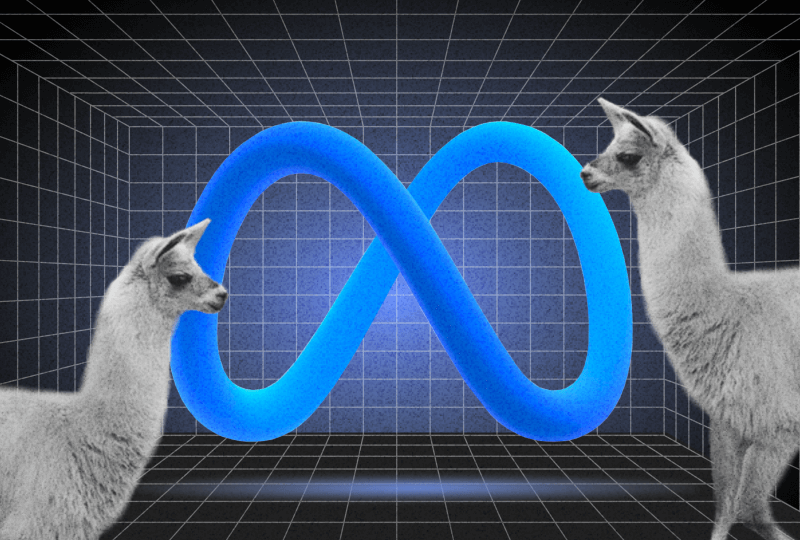Google’s Willow Quantum Chip Threatening The Crypto Security
Dec 12, 2024

When Satoshi Nakamoto introduced Bitcoin, we were unsure of the horizon this technology would bring us.
Top manufacturers and businesses race to deliver the most advanced products and smart solutions that complement and adopt this decentralized revolution. Google, Tesla, Microsoft, and other top tech firms have produced tens of ultra-fast processing chips and units to speed up the development of artificial intelligence and blockchain.
However, we must underline the threats these innovations pose to decentralized finance. The recently introduced Willow is a super quantum computing chip that can boost security and AI testing with a computing capability that can outperform crypto protocols.
Let’s explain Google’s Willow quantum chip in more detail and discuss the threats and benefits it can potentially bring.
Understanding Crypto Security Protocols
Blockchain technology relies on the cryptographic method to secure transactions and maintain the integrity of decentralized systems like Bitcoin, Ethereum, and other digital assets.
It underpins these cryptocurrencies behind complicated algorithms and equations that take classic computers ages to overcome. That is why today’s mining machines take a significant amount of time to solve a fraction of the problem in exchange for a reward.
For example, Bitcoin uses SHA-256 for hashing and ECDSA (Elliptic Curve Digital Signature Algorithm) for transaction verification. These protocols ensure that data cannot be accessed or altered without the correct cryptographic key.
Google Willow Quantum Computing Chip
Quantum computing represents a paradigm shift in computation, leveraging the principles of superposition and entanglement to process information at unprecedented speeds.
Classical computers perform calculations sequentially, while quantum computers can solve complex problems simultaneously. This approach speeds up the process massively and poses a direct threat to blockchain security.
A critical part of this capability is the Shor algorithm, which can efficiently break public-key cryptography, such as Bitcoin’s ECDSA. Potentially, Google’s Willow quantum chip can potentially break through the cryptocurrency security systems within minutes, tampering with information and infiltrating transactions.
While not intentionally designed and equipped to break blockchain security, these advancements signal that such a threat could materialize sooner than expected, disrupting the stability of the DeFi ecosystem.
The Quantum Computing Industry Race
While Google’s quantum chip is a major introduction in this sphere, other producers have been working closely with blockchain systems and developing similar products.
IBM: IBM’s Quantum System One, Eagle, and Osprey chips are designed for scalable quantum operations. These chips use superconducting qubits, directly competing with Google’s technology and boosting the IBM Blockchain Platform.
Microsoft: Microsoft focuses on topological qubits, which promise greater stability and error correction. Its Azure Quantum platform integrates quantum services for developers, researchers, and enterprises requiring blockchain and cloud quantum computing fixtures.
NVIDIA: While primarily focused on GPUs, NVIDIA’s cuQuantum SDK supports quantum algorithm simulation, aiding quantum research using classical hardware. NVIDIA’s GPUs also play a significant role in BTC mining rigs due to their high computational power.
The Solution: Solidifying The Crypto Quantum Security
Developing quantum-resistant or post-quantum cryptographic algorithms is vital to counter the quantum threat. These systems are designed to withstand attacks from quantum computers while maintaining compatibility with existing systems.
Examples include lattice-based, hash-based, and code-based cryptography styles, which offer promising solutions. The National Institute of Standards and Technology (NIST) is actively evaluating and standardizing these algorithms for widespread adoption.
However, implementing these measures presents challenges, including scalability concerns, potential increases in transaction size, and the need for consensus among network participants.
In fact, Ethereum is exploring quantum-safe upgrades, signaling a proactive approach to future-proofing their ecosystems.
Final Remarks
Google’s Willow is a significant innovation in quantum computing and AI research and development. This introduction can massively elevate security testing, AI adoption, data sampling, material science, and more.
However, the outstanding capability of solving mathematical problems in the blink of an eye poses serious threats to the crypto security protocols.




